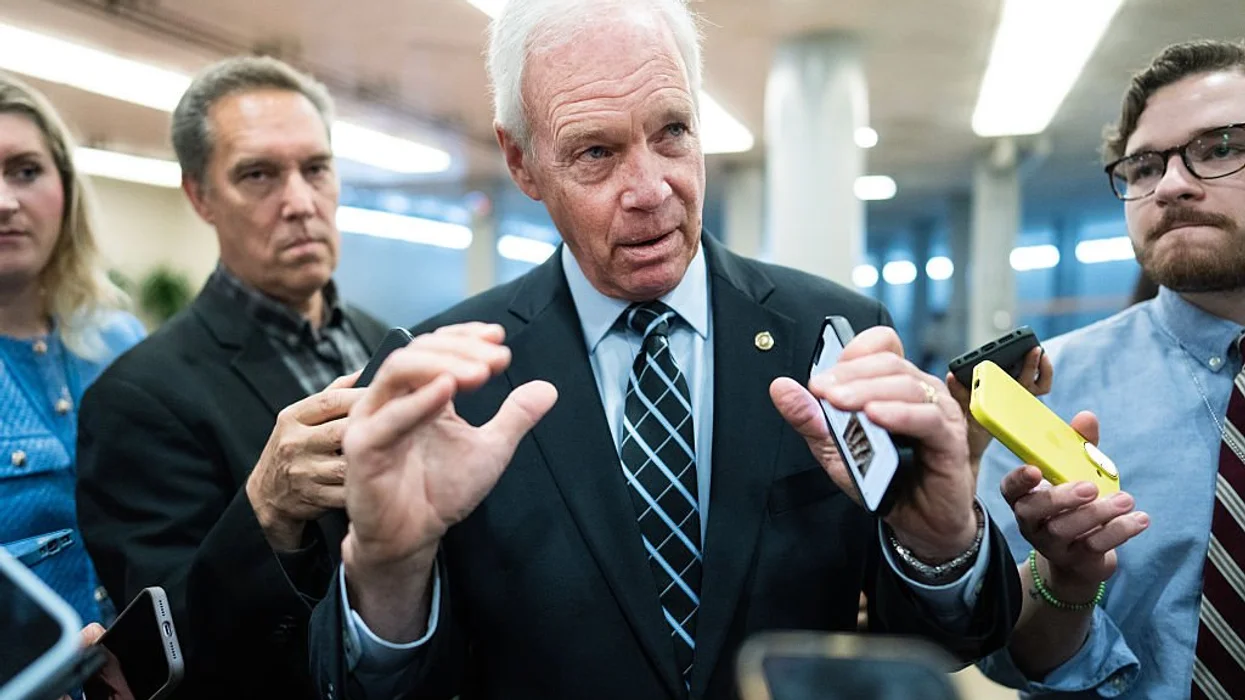Before he was secretary of state and condemning Syria for its use of chemical weapons, John Kerry was a U.S. senator urging “exhaustion of all remedies,” insisting on “approval from Congress, laying out the evidence and making the case” and approval from the United Nations.
 Secretary of State John Kerry speaks on Syria at the State Department in Washington, D.C., on Aug. 26, 2013. (Getty Images)
Secretary of State John Kerry speaks on Syria at the State Department in Washington, D.C., on Aug. 26, 2013. (Getty Images)
He was talking about the pending war in Iraq in an op-ed for The New York Times published on Sept. 6, 2002, as the Massachusetts senator was preparing to enter a campaign for the Democratic presidential nomination.
Kerry asserted that the United States should only go to war with Iraq if it had to.
“For the American people to accept the legitimacy of this conflict and give their consent to it, the Bush administration must first present detailed evidence of the threat of Iraq's weapons of mass destruction and then prove that all other avenues of protecting our nation's security interests have been exhausted,” Kerry wrote. “Exhaustion of remedies is critical to winning the consent of a civilized people in the decision to go to war.”
Kerry went on to say that Congress must be consulted and that the administration must not act on its own for the "legitimacy of our cause."
“For the sake of our country, the legitimacy of our cause and our ultimate success in Iraq, the administration must seek advice and approval from Congress, laying out the evidence and making the case. Then, in concert with our allies, it must seek full enforcement of the existing cease-fire agreement from the United Nations Security Council,” Kerry wrote.
The situation America faces in Syria today is different than what America faced in the prelude to Iraq more than a decade ago. But there are similarities in the arguments from Kerry, who ultimately voted in the Senate in favor of the Iraq war. Evidence and approval from Congress and the U.N. clearly stand out.
Kerry said Monday it was undeniable that Syrian President Bashar Assad used chemical weapons in the gassing near Damascus that killed hundreds of Syrians. White House press secretary Jay Carney said that the administration has consulted members of Congress, but there has been public “laying out of the evidence” on Assad. U.N. chemical weapons inspectors have had their investigation obstructed and faced sniper fire.
Neither Carney nor Kerry on Monday confirmed any plans for a military strike against Syria, though it is widely speculated the United States will take action. While the Obama administration, and most U.S. allies, want Assad to go, a pending military action in Syria might be far more modest than the goal of regime change in Iraq in 2003.
Nevertheless, support from Congress is not a certainty, as many members on both sides of the aisle want to know more about the rebels. Further, Russia – which has veto power on the U.N. Security Council – has continued to be a stumbling block toward any endorsement of international action against Syria.
Kerry also warned in 2002 about the potential power vacuum once Saddam Hussein was removed, another question similarly posed about Assad, with concerns that many of the rebels are tied to Al Qaeda.
“There is also no question that Saddam Hussein continues to pursue weapons of mass destruction, and his success can threaten both our interests in the region and our security at home,” Kerry wrote in the Times. “But knowing ahead of time that our military intervention will remove him from power, and that we will then inherit all or much of the burden for building a post-Saddam Hussein Iraq, is all the more reason to insist on a process that invites support from the region and from our allies. We will need that support for the far tougher mission of ensuring a future democratic government after the war.”
--
[related]

 Secretary of State John Kerry speaks on Syria at the State Department in Washington, D.C., on Aug. 26, 2013. (Getty Images)
Secretary of State John Kerry speaks on Syria at the State Department in Washington, D.C., on Aug. 26, 2013. (Getty Images)





